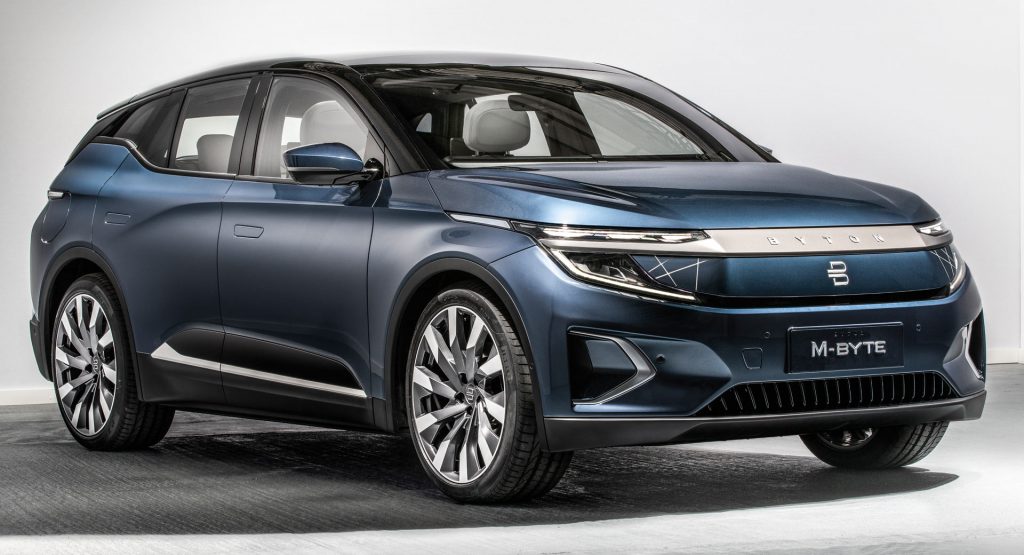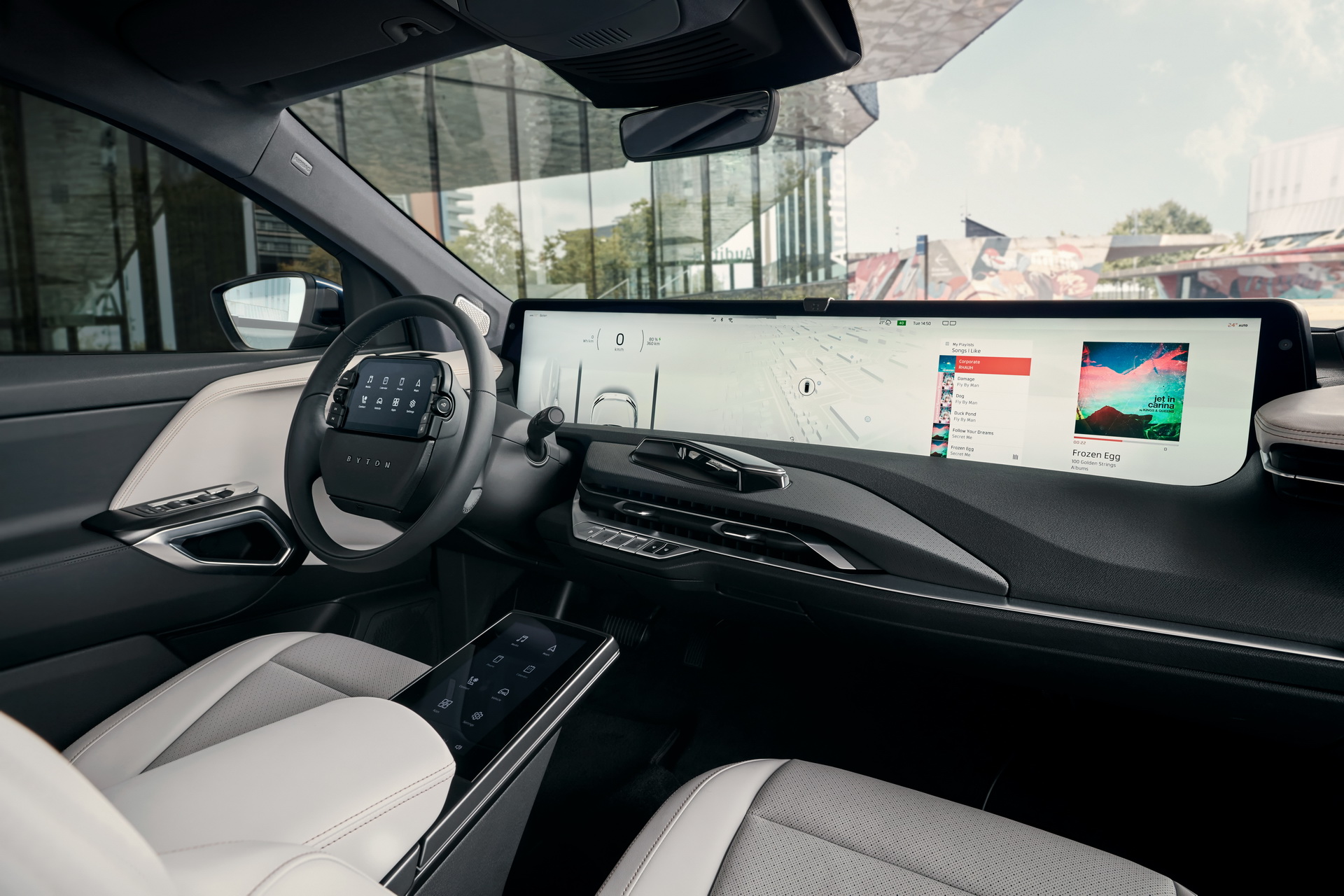Embattled battery-car startup Byton appears to be on the brink of collapse. The company has suspended payroll and a local court has started bankruptcy proceedings at the behest of Byton creditor Shanghai Huaxun Network System Co., according to local reports
The Chinese automaker founded by a collection of ex-BMW executives with financial backing from Taiwan and China grabbed headlines in 2018 with the massive 48-inch infotainment display in its M-Byte SUV, and with work on its factory in China completed, and the first pre-production cars having rolled off the line in early 2020, things were looking positive for a while.
But not for long. Covid complications caused a host of problems for the company, which was forced to furlough around half of its 450 U.S. employees in April 2020, before investment from iPhone maker Foxconn appeared to save the day in January 2021.
Now though, Nikkei Asia reports that the company is in dire straits and a rescue looks unlikely. The website claims that one of Byton’s backers, state-owned FAW is preoccupied with converting its Red Flag brand to EV power, that Foxconn pulled out of its investment plan following due diligence, and that the Nanjing government, which previously helped Byton with payroll costs, ceased providing aid in September.
Related: Rivian Wants To Raise $8.4 Billion Going Public, Would Be As Valuable As Honda
Byton was unlucky to have been hit with China shutdowns as a result of Covid when it was so close to production. But it’s more than 18 months since the pre-production cars rolled off the line, and in that time, we’ve seen dozens of new EVs launch, both from other Chinese startups in China, and cars from existing household names that don’t have to worry about setting up dealer networks or communicating brand messages to a public that doesn’t recognize the badge.
The M-Byte was slated to feature a 201 hp front electric motor paired with a 268 hp unit at the back powered by a choice of 72 and 95 kWh batteries. Those figures might not have been enough to help the Byton stand out, but that 48-inch screen would have been. But something tells us that whatever happens to Byton it won’t be long before another carmaker tries the same trick.
H/T to Nikkei Asia





